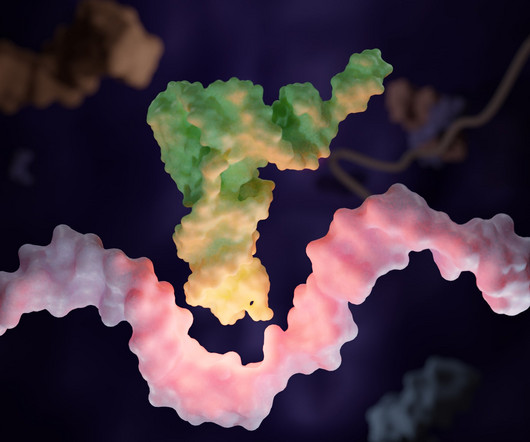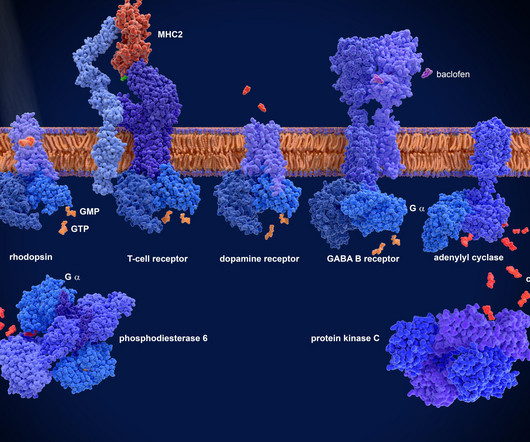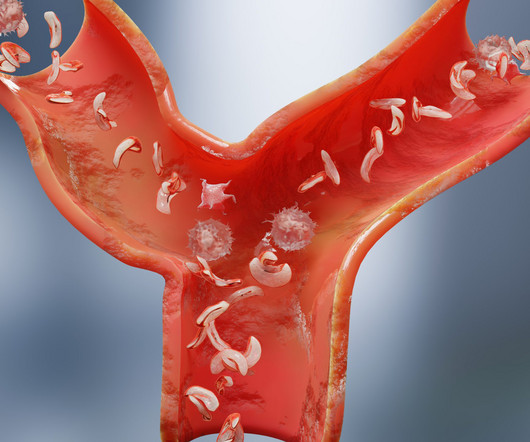Three-person DNA IVF stops inherited disease—eight healthy babies born in UK first
Science Daily: Pharmacology News
JULY 18, 2025
The process, known as pronuclear transfer, was designed to prevent the inheritance of devastating mitochondrial diseases passed down through the mother’s DNA. The early results are highly promising: all the babies are developing normally, and the disease-causing mutations are undetectable or present at levels too low to cause harm.



















































Let's personalize your content